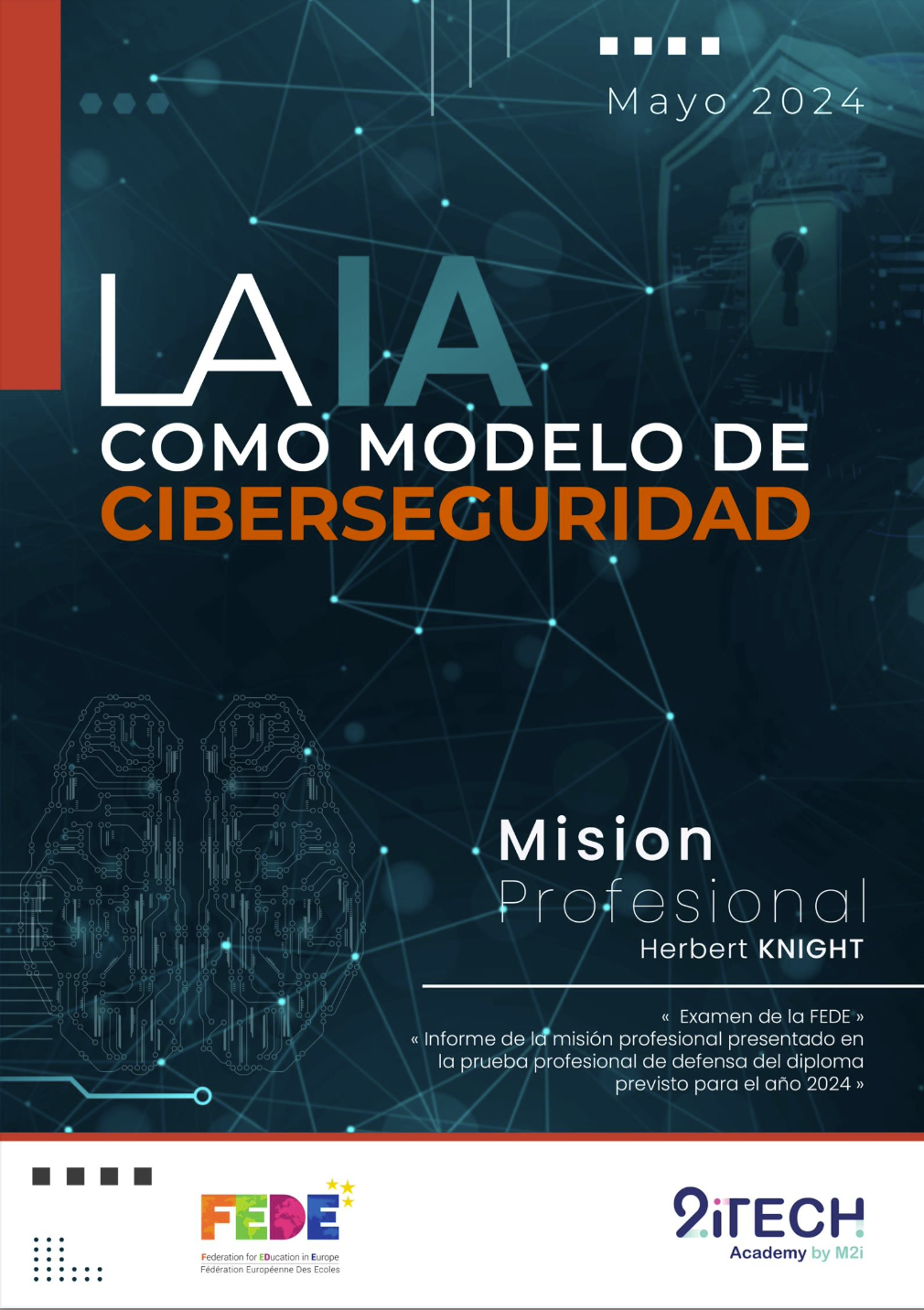Cyberattack on Collins Aerospace Paralyzes European Airports and Exposes Global Digital Vulnerability
A Friday of Chaos in European Airports
It was nearly midnight on Friday, September 19, 2025. Some passengers were returning home, others were starting their vacations, and many were traveling for business. Everything seemed normal—until suddenly, a system failure brought departures and arrivals to a standstill.
Passengers were left adrift in uncertainty, without clear information, with the eerie feeling that time had stopped.
Image: Marta Fiorin/REUTERS
What initially appeared to be an isolated technical issue quickly escalated into an international incident. Airports in Brussels, Berlin, and London reported that their check-in and boarding systems had collapsed, triggering massive delays and widespread flight cancellations.
Hours later, in the early morning of Saturday, September 20, Collins Aerospace publicly confirmed what had happened: its MUSE software, used for passenger check-in, boarding, and baggage handling, had suffered a large-scale cyberattack.
In an official statement, the company admitted:
“We are working with top priority to restore service and minimize the impact on passengers and airline partners” (DW, 20.09.2025).
Based in the United States, Collins Aerospace is a key global provider of digital solutions for aviation. The failure of its software left several European airports unable to process passengers automatically, forcing ground staff to revert to manual procedures.
The outcome: hundreds of flights disrupted, long waiting lines, and undeniable proof of how fragile aviation’s digital infrastructure can be.
The Vulnerability of Critical Systems
As a cybersecurity specialist, I must emphasize an uncomfortable truth: no organization is ever fully immune to a cyberattack.
No matter how robust the technological infrastructure or how well-trained the defense teams are, attackers will always find a vulnerability to exploit.
This incident reinforces a central idea in my research: cybersecurity and artificial intelligence (AI) must not be treated as separate disciplines. They must be integrated strategically to anticipate and contain increasingly sophisticated attacks.
AI: The New Stronghold of Cybersecurity
AI already provides groundbreaking capabilities for digital defense, including:
- Real-time predictive monitoring.
- Automated detection of anomalies in critical systems.
- Immediate, autonomous responses to threats.
However, cybercriminals are also leveraging AI to refine their methods, transforming the technological arms race into a field of constant innovation.
In my master’s research project, “AI as a Cybersecurity Model,” I argue for the integration of AI into academic curricula across universities and research centers. The next generation of specialists must be prepared for a world where AI becomes the ultimate bastion of digital defense.

The fact that attackers can breach global corporations does not mean we should lower our guard. On the contrary, prevention remains the most effective strategy.
Some essential measures include:
- Installing and regularly updating robust antivirus software.
- Enforcing security protocols across all connected devices.
- Using strong, unique passwords and updating them frequently.
- Enabling multi-factor authentication (MFA).
- Training staff in digital hygiene and cybersecurity awareness.
These practices do not guarantee absolute immunity, but they significantly reduce the likelihood of a successful attack and add multiple layers of protection.
Conclusion: A Warning and an Opportunity
The cyberattack against Collins Aerospace did not only paralyze airports—it also highlighted the urgent need to rethink digital security on a global scale.
At MR KNIGHT’S, we believe that the integration of AI and cybersecurity is not optional but a strategic necessity to ensure the resilience of critical infrastructures in our hyperconnected world.
References
- Deutsche Welle (DW). (20.09.2025). Un ciberataque afecta a grandes aeropuertos europeos. Disponible en: DW
- AFP via DW. (20.09.2025). Declaraciones de Collins Aerospace sobre la disrupción en MUSE.
- The Guardian. (20.09.2025). Heathrow hit by IT disruption after cyberattack.
- BBC News. (21.09.2025). Berlin, Brussels and Heathrow airports struggle after cyber disruption.
- RTVE. (20.09.2025). Testimonios de pasajeros afectados en Bruselas.
- Reuters. (14.07.2022 / 20.09.2025). Coverage of cyberattacks on critical infrastructures.
- The New York Times. (28.06.2017 / 12.05.2023 / 21.09.2025). Analysis of cybersecurity in air transport.
- Knight, H. (2024). Artificial Intelligence as a Cybersecurity Model (Master’s Thesis). 2iTech Academy by M2i, Valence, France.



